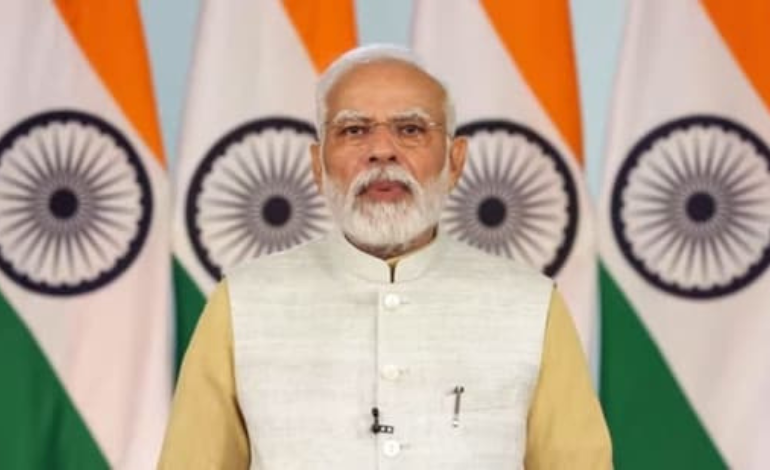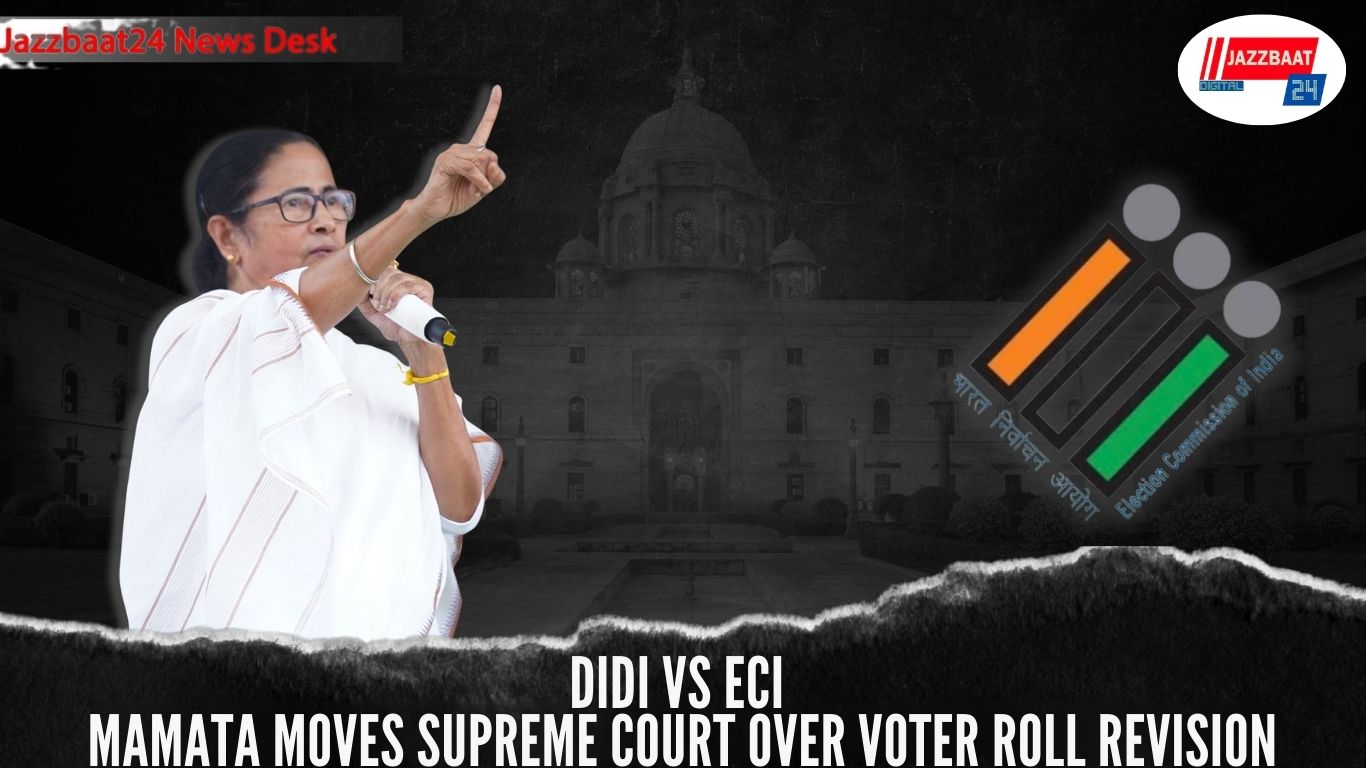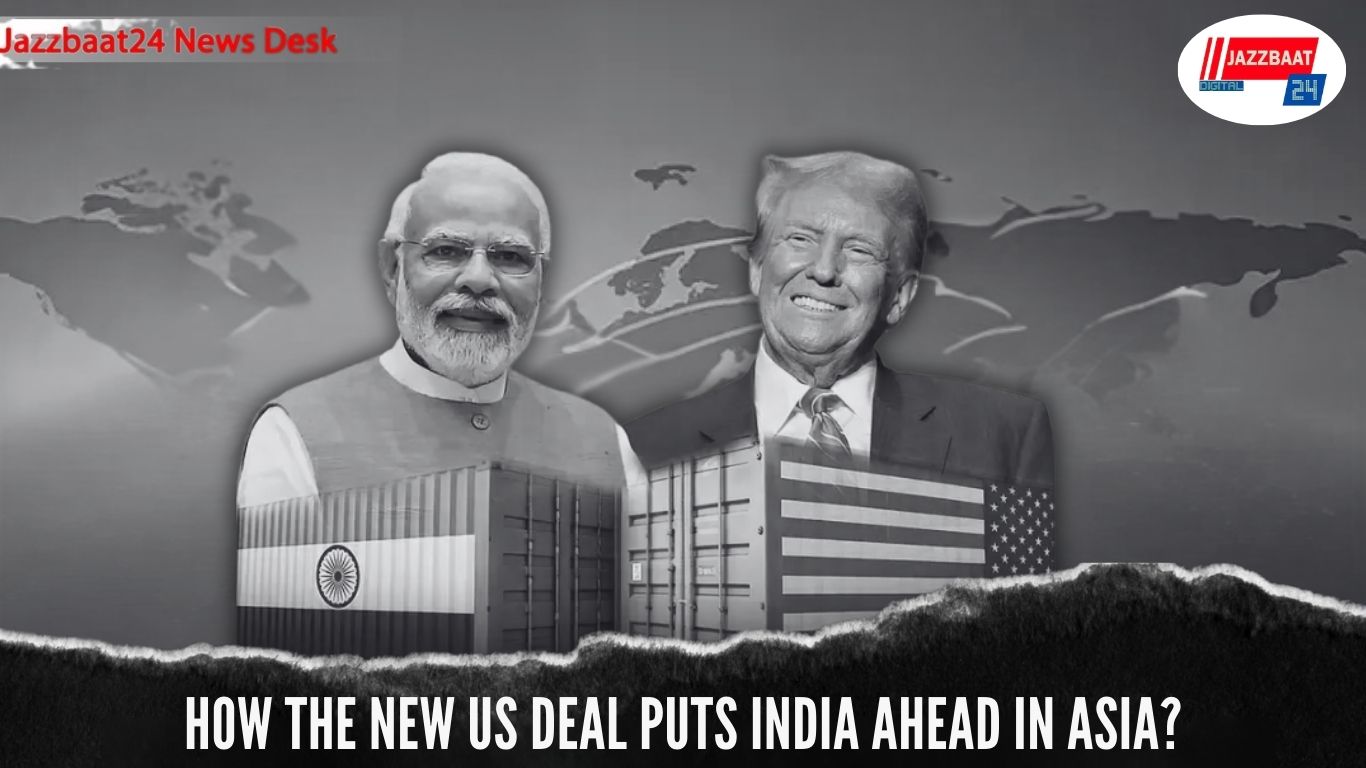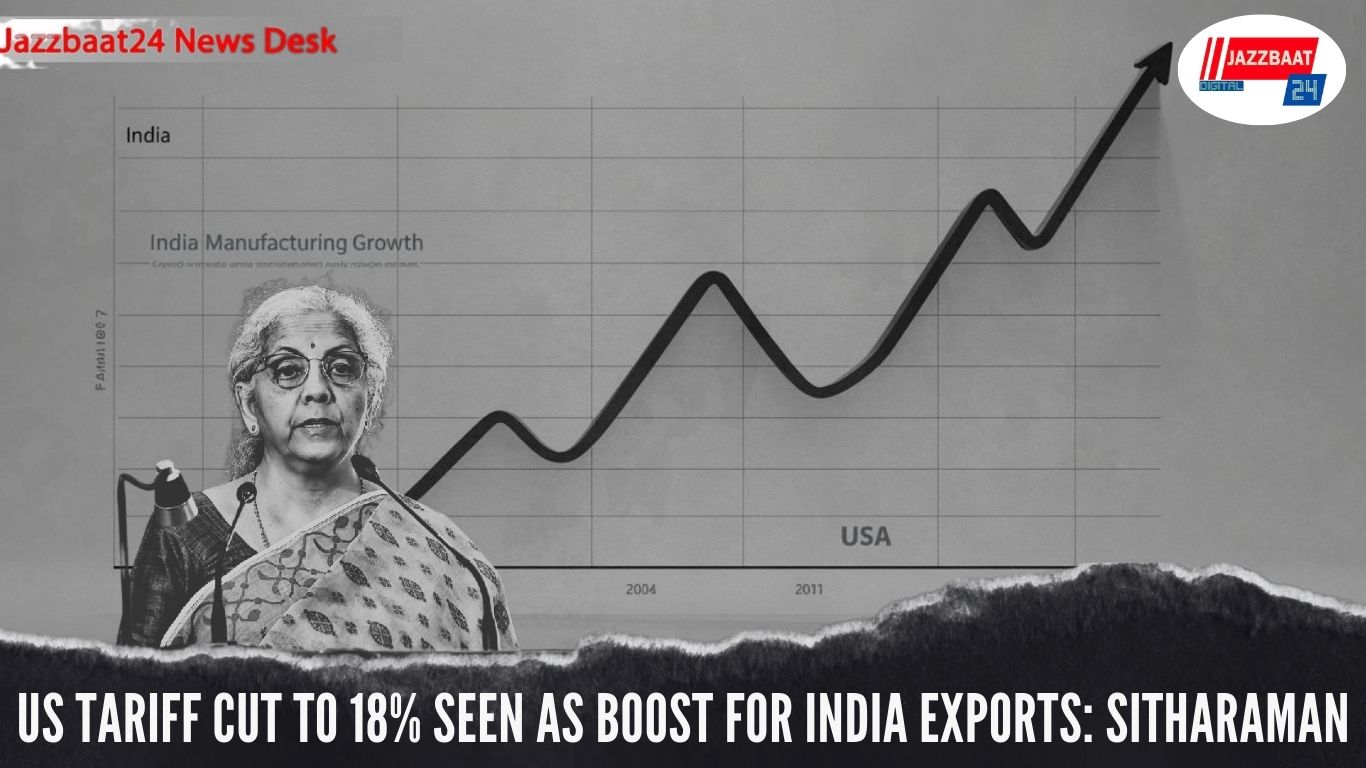On October 11, 2022, in Hyderabad, India, during the opening of the second United Nations World Geospatial Information Congress (UNWGIC), Prime Minister Narendra Modi stated that technology in India is a tool for inclusion instead of exclusion.
“Geospatial technology has been driving inclusion and progress. Take our SWAMITVA (Survey of Villages and Mapping with Improvised Technology in Village Areas) scheme, we are using drone to map properties in villages. For the first time in decades, people in rural areas have clear evidence of ownership,” he said speaking to delegates from several countries.
The foundation of India's infrastructure-building efforts was geospatial technology. According to Modi, the South Asia satellite was facilitating connectivity and communication in India's neighbourhood.
India was commemorating 75 years of independence from colonial authority and innovation freedom. The geospatial industry in India had been made accessible to its young, brilliant brains. Data gathered over a 200-year period had been made public and accessible to all. India majorly boosted its drone sector and granted private companies access to its space industry and 5G technology, he added.
“ (The principle of) no one should be left behind applies across. The covid-19 pandemic should have been a wake up call to everyone in the world in taking everyone along. Millions in the developing world needed diagnostics, medicines and vaccine yet, they were left to their own fate. There is a need for an institutional approach to help each other during a crisis. Global organisations such as the United Nations can lead the way in taking resources to the last person,” he remarked.
Jitendra Singh, the Union Science Minister, predicted that India's geospatial economy will reach Rs 63,100 crore by 2025 at a growth rate of 12.8% ahead of the Congress. He claimed that through increasing productivity, assuring sustainable infrastructure planning, efficient administration, and supporting the agricultural sector, geospatial technology has emerged as one of the main enablers in socio-economic growth.
Over 2000 delegates, including attendees from over 120 countries and at least 700 international delegates, will attend the conference.





